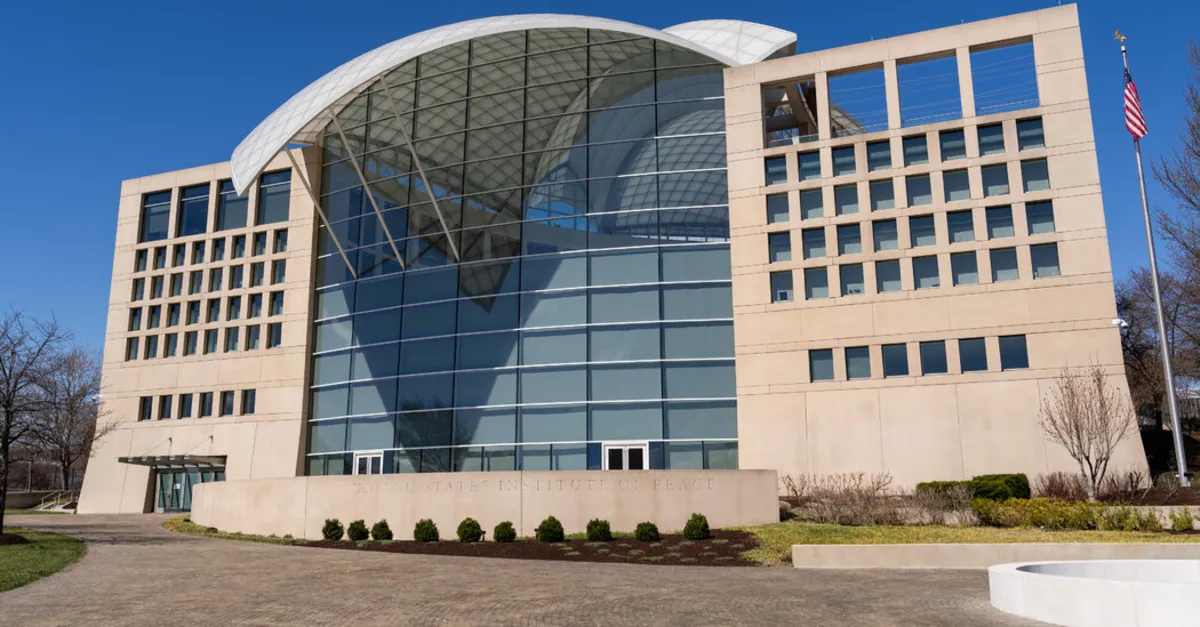
In a significant legal move, officials at the U.S. Institute of Peace are set to request a federal judge to halt actions by Trump administration officials and Elon Musk’s cost-cutting team, which they describe as a “lawless assault” on the organization. This comes after the institute filed a lawsuit against President Trump and other high-ranking officials on Tuesday, seeking intervention from the Federal District Court for the District of Columbia to stop what it claims to be an illegal “takeover by force.”
The conflict escalated after a tense standoff on Monday, where police intervened to remove staff members from the institute’s headquarters in Washington, D.C. This incident followed recent actions taken by the White House to significantly alter the institute's leadership, including the dismantling of its board and the appointment of a new acting president. Just last month, President Trump signed an executive order mandating the institute to operate at the “statutory minimum,” raising concerns about the future of this congressionally chartered nonprofit.
Officials from the U.S. Institute of Peace assert that both President Trump and Elon Musk lack the authority to dismantle its operations, emphasizing that the organization is not part of the executive branch. The lawsuit contends that the executive order mischaracterizes the institute as a “government entity,” undermining its status as an independent nonprofit organization. Furthermore, the institute accuses members of Musk’s Department of Government Efficiency of having “plundered” its office in attempts to seize control of its infrastructure, which includes sensitive computer systems.
In response to the allegations, the Justice Department has defended the actions of the administration, asserting that the U.S. Institute of Peace is indeed a government entity and that the president possesses the authority to remove board members. In light of the ongoing legal battle, department lawyers argue that the lawsuit should be dismissed, claiming it was not authorized by the institute’s new acting president, Kenneth Jackson, who serves as a State Department official.
This legal confrontation highlights the tensions between independent organizations and government oversight, raising questions about the future operations of the U.S. Institute of Peace. As the case unfolds, it remains to be seen how the court will interpret the executive order and the authority of the Trump administration over the institute.
For those interested in following this complex legal situation, stay tuned for updates as the story develops.